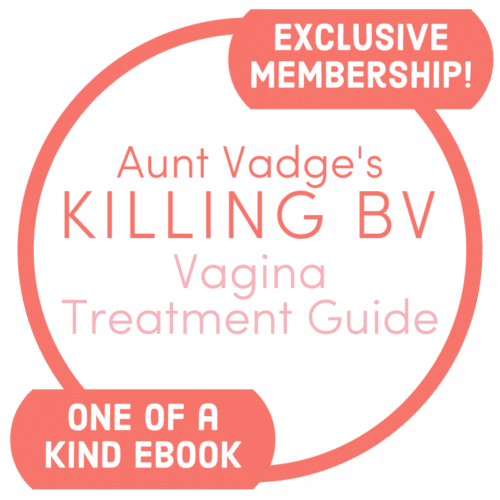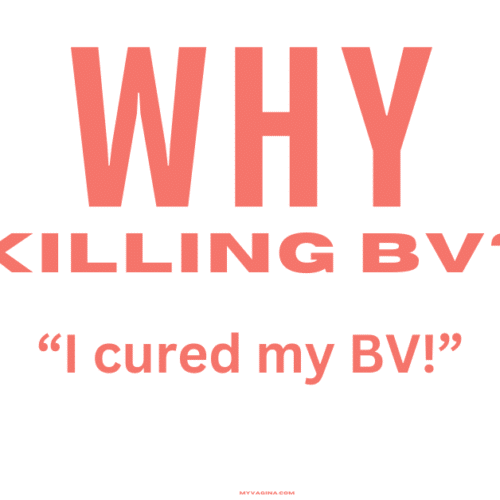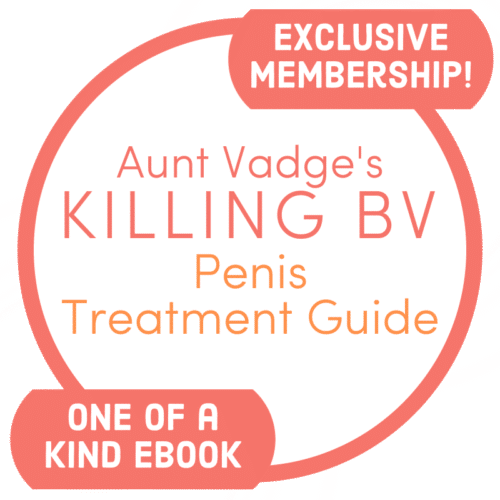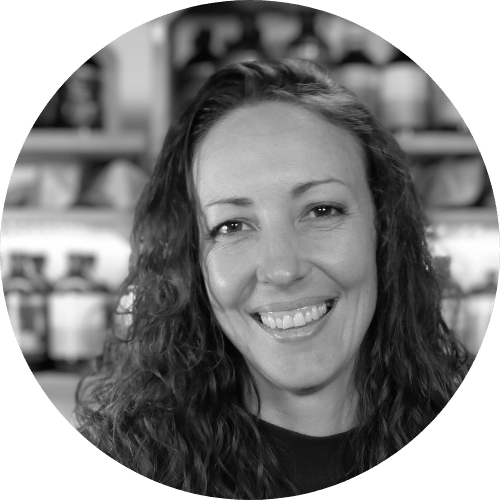Experimental models for investigating female sexual function and dysfunction: a short review
Female sexuality still suffers from low levels of research, with researchers still grappling with seemingly simple questions like what is the g-spot?
Tissue of the vagina, vulva and clitoris and the role they play in female sexual arousal continue, with an aim to understand and help to treat female sexual dysfunction.
Some experimental test systems have been developed so the biochemical and physiological mechanisms of female sexual arousal can be studied.
Experimental models include:
An in vivo animal model was set up using pelvic nerve stimulation, vasoactive agents and physiological modulators, and has produced hemodynamic changes in the vagina and clitoris.
In vitro organ baths of clitoral and vaginal tissue were established to investigate smooth muscle contractility. Primary cell cultures of human and animal clitoral and vaginal smooth muscle cells were cultured and studied for their signal transduction pathways that modulate smooth muscle tone.
It was found that clitoral and vaginal smooth muscle tone is affected by nonadrenergic and noncholinergic neurotransmitters, and functional alpha 1 and alpha 2 adrenergic receptors exist in these tissues.
Changes are regulated by the tone of vascular and nonvascular smooth muscle in the vagina and clitoris. Suggestions have been made that point to vasoactive intestinal polypeptide (VIP), nitric oxide (NO), and prostaglandin E (PGE) regulating the smooth muscle contractility of the vagina.
In vivo studies have shown hemodynamic changes in the vagina and clitoris after stimulating the pelvic nerve, vasodilators and
Hemodynamics is an element of cardiovascular physiology that deals with the forces of the heart in circulating blood.
In observable terms to a practitioner, it looks like blood pressure and blood flow values at certain key points around the system. Hemodynamic disorders include hypertension and congestive heart failure.
References
K Min, L O’Connell, R Munarriz, Y-H Huang, S Choi, N Kim, I Goldstein and A Traish, Experimental models for the investigation of female sexual function and dysfunction, International Journal of Impotence Research (2001) 13, 151–156.





